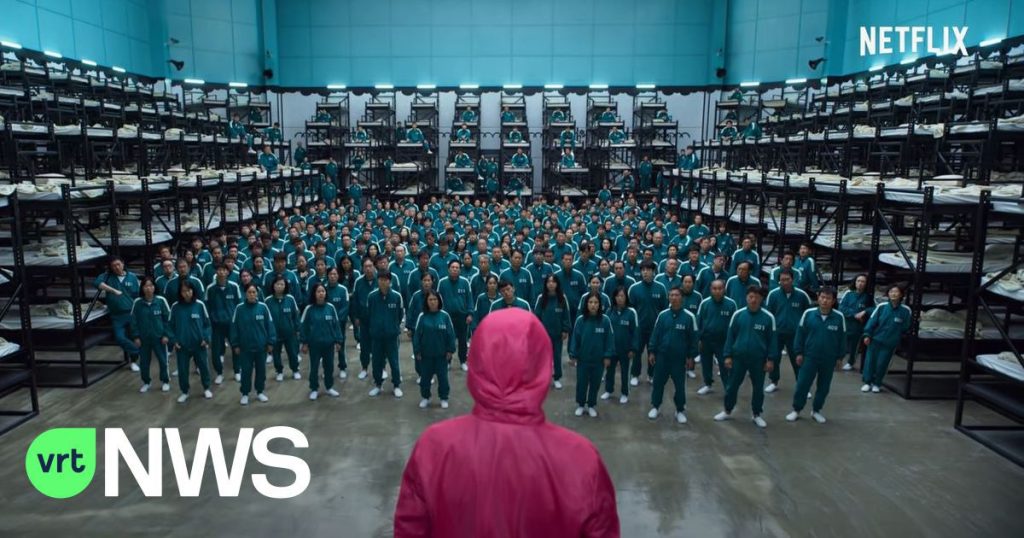Korean viewers of “Squid Game” living in Belgium note that the translation is incomplete. Jin-Ha Bong has been living in our country for 9 months now, and gives additional interpretations about subtitles when she watches “Squid Game” or another Korean show with her husband.
She says in The World Today: “Sometimes I translate what is said live, because otherwise it is difficult for him to understand. Or he is confused, because based on the subtitles he does not quite feel what is going on around him.”
The translation often doesn’t quite end, especially when describing feelings. When Korean is ‘sad’, it doesn’t necessarily feel like the English word “sad” “It means implied,” Jin-Ha Bong says. Lots of detail and nuance are lost in still highly charged scenes in this way. Because there was a mistranslation, the story was not fully understood.”
This way, viewers won’t always get an accurate picture of a particular scene or character. However, Korean series and movies are gaining popularity all over the world, and these productions are also reaching large audiences of foreign languages. “But I admit that the correct translation from Korean is very important,” Jin-Ha Bong said.

“Friendly communicator. Music trailblazer. Internet maven. Twitter buff. Social mediaholic.”







More Stories
Actor Alain Delon’s dog was not given an injection to be buried together: what are our rules?
VUB awards honorary doctorate to Guy Mortier
In these ways, “Alien: Romulus” is connected to “Alien” and “Prometheus.”